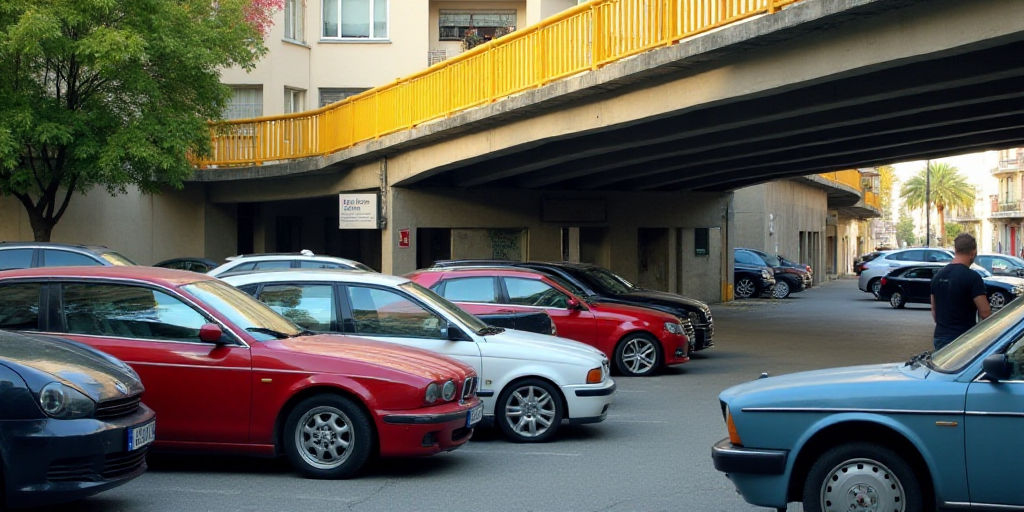Background and Relevance
The Mexican government, in collaboration with the Secretaría de Infraestructura, Comunicaciones y Transportes (SICT), is evaluating transportation options for the 2026 World Cup. This review comes amid concerns from taxi drivers at the Aeropuerto Internacional de la Ciudad de México (AICM) who fear being replaced by app-based transportation services due to alleged pressures from FIFA.
Government’s Stance
Claudia Sheinbaum, the president, and Raymundo Pedro Morales Ángeles, the Secretary of the Navy, have both stated that taxi concessionaires’ rights will not be violated. The government aims to ensure a safe and secure transportation service for World Cup visitors while fostering coexistence with existing taxi services.
Tania Carro, the architect heading the Subsecretaría de Transportes within SICT, is leading the dialogue with taxi drivers.
Sheinbaum emphasized that no one will be displaced and the goal is to provide an efficient service for the expected large influx of visitors.
Taxi Drivers’ Concerns
Taxi drivers at the AICM have expressed their worries for over a year, accusing FIFA of pressuring the Mexican government to allow app-based transportation services in the country’s airports. They fear this could jeopardize their livelihoods.
In a letter to the legislative branch and President Sheinbaum, taxi concessionaires at the capital’s airport warned that FIFA imposed conditions on the Mexican government related to stadiums, migration procedures, public safety, and transportation.
They claim that SICT and other organizations are executing a strategy to eliminate legal restrictions currently limiting app-based taxi services in airports, including those in Monterrey and Guadalajara, other World Cup host cities.
The taxi drivers allege that the aim is to replace or, if possible, permanently eliminate traditional taxi services. They have requested President Sheinbaum’s intervention and haven’t ruled out protests if their demands are ignored.
Logistical Challenge
Mexico is expected to receive 5 million tourists during the World Cup, posing a significant logistical challenge for the nation’s transportation system, particularly the capital’s airport. The AICM currently moves 130,000 people daily and over 45 million passengers annually.
Key Questions and Answers
- Q: Who is reviewing transportation options for the 2026 World Cup? A: The Mexican government, in collaboration with the Secretaría de Infraestructura, Comunicaciones y Transportes (SICT).
- Q: Why are taxi drivers concerned? A: They fear being replaced by app-based transportation services due to alleged pressures from FIFA.
- Q: What is the government’s stance on taxi drivers’ concerns? A: The government, represented by President Claudia Sheinbaum and Secretary Raymundo Pedro Morales Ángeles, asserts that taxi concessionaires’ rights will not be violated.
- Q: Who is leading the dialogue with taxi drivers? A: Tania Carro, heading the Subsecretaría de Transportes within SICT.
- Q: How many tourists are expected during the World Cup, and what is the logistical challenge? A: Mexico is expected to receive 5 million tourists, posing a significant logistical challenge for the nation’s transportation system, particularly the capital’s airport.






